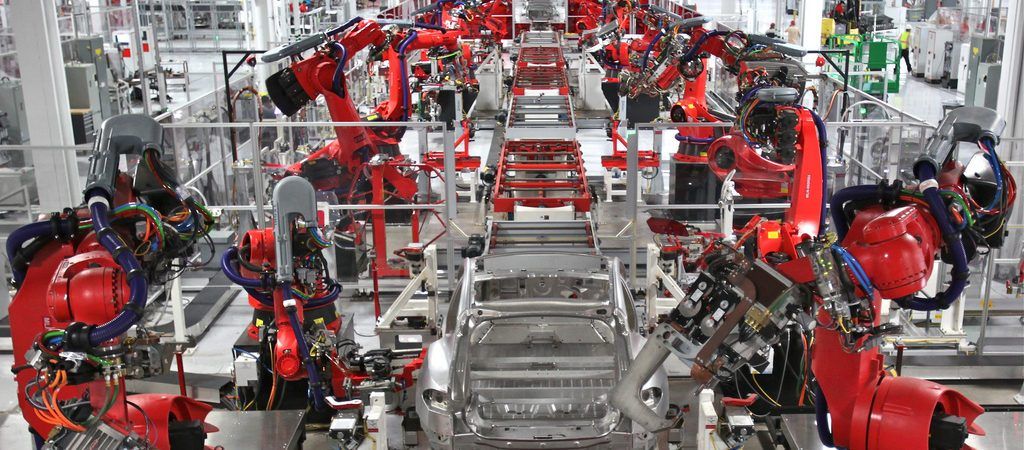Auto imports to Mexico grew at double-digit rates over the last three years, according to data from the Ministry of Economy.
On a global scale, Mexico ranked twelfth among the largest importers of automobiles in 2023.
Its share of total global auto imports rose from 1% in 2020 to 1.8% in 2023.
Auto Imports to Mexico
This has been the trend in foreign purchases of automobiles to the Mexican market, in millions of dollars:
- 2020: 6,233 (-37% y-o-y).
- 2021: 7,556 (+21 percent).
- 2022: 11,012 (+46 percent).
- 2023: 17,674 (+61 percent).
Mexico is a large market for light vehicles, auto parts and trucks.
It also needs supplies and technologies from countries such as the United States, Germany, and China for electric vehicles.
The automotive industry is very important in Mexico. It represents 3.6% of the country’s Gross Domestic Product (GDP) and 18% of manufacturing GDP.
It also employs more than 1 million people throughout the country.
Technology
According to Solera Corp. the automotive industry is more than 150 years old and remains large and complex.
Insurers, repair shops, manufacturers, parts suppliers, dealers and fleet operators face major challenges.
These challenges make it difficult to operate efficiently and cost-effectively.
In the past, these companies used many different solutions, either developed in-house or by multiple vendors.
Managing these complicated systems and working at the same time can affect profitability and end-user experience.
With the increased complexity and digitization of vehicles, the cost of repairs continues to rise and workshops continue to lack enough qualified technicians.
Stakeholders are looking for simpler, focused and integrated end-to-end solutions.
Manufacturing
As automotive technology advances, Mexico is looking for solutions that include big data, wireless technologies, electronic cards, data analytics, electrification and innovation.
The U.S. Department of Commerce says exporters that support their design, engineering, research and development with quality, certifications, competitive pricing, speed and a strong sub-supplier chain, project management, flexibility and adaptability are better positioned to serve customers in the automotive market and other advanced manufacturing sectors.
The main competition for U.S. original equipment parts in the Mexican market comes from domestic manufacturers, as well as from China, Japan, South Korea, Germany and Canada, among other countries.

